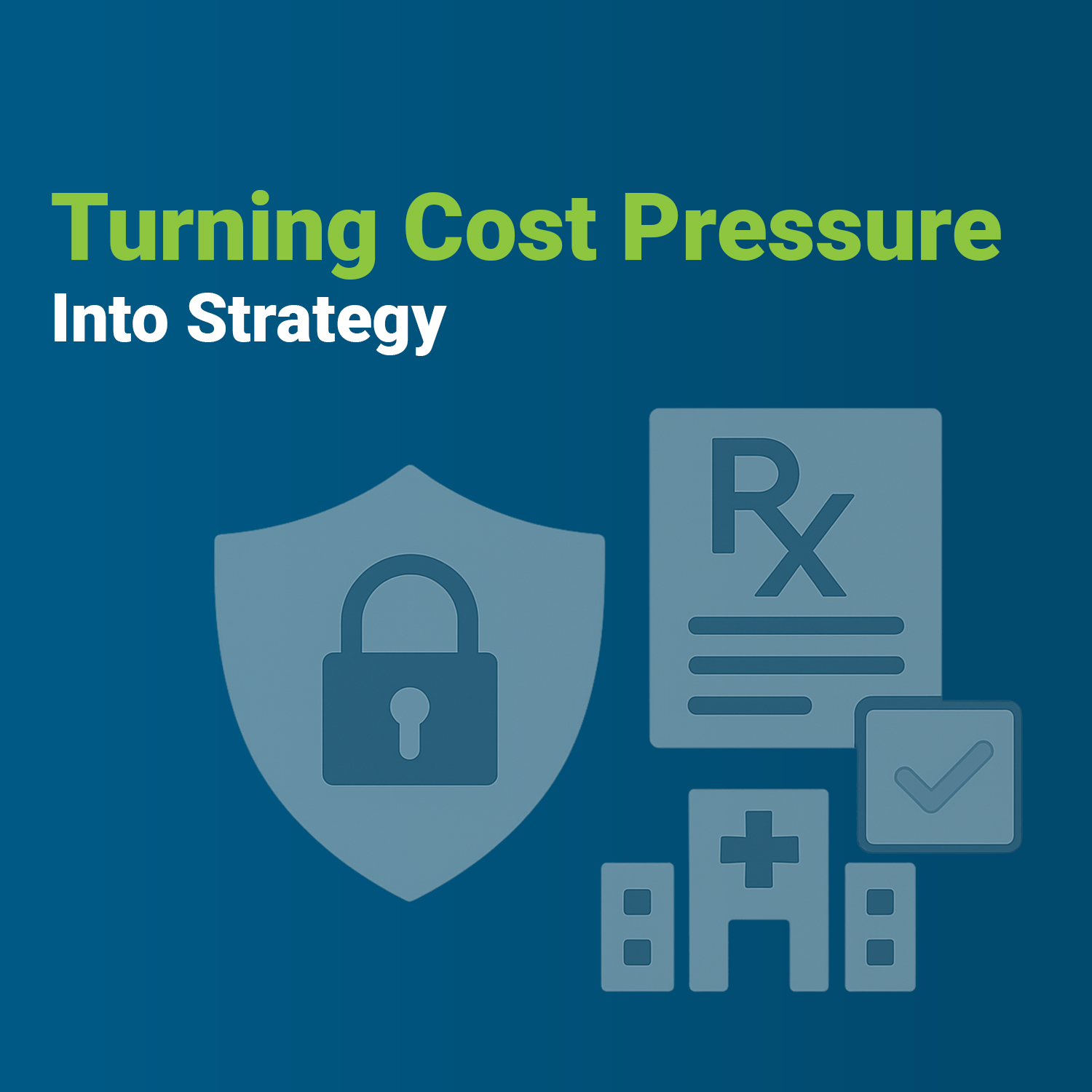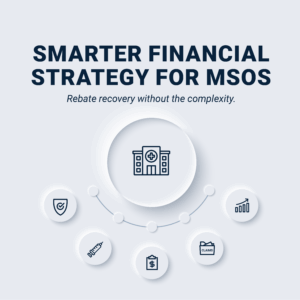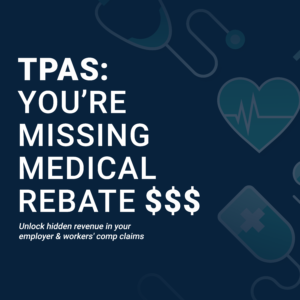In recent years, drug shortages have become a major concern for healthcare systems around the world. The COVID-19 pandemic has only amplified this issue, as the demand for certain drugs has skyrocketed while the supply chain has been disrupted. This has resulted in shortages of essential medicines and has raised questions about how to prepare for such scenarios in the future.
According to a recent report by Reuters , Europe’s drug shortages may get even worse in the coming years. This is because of a combination of factors, including increased demand due to the aging population, supply chain disruptions, and issues with the pharmaceutical manufacturing process. The article also mentions that the COVID-19 pandemic has highlighted the need for more resilient supply chains and the need to better prepare for future crises.
So, what can be done to address the issue of drug shortages? One solution is to engage in stockpiling, or the act of building up a reserve of essential drugs. By having a stockpile of drugs on hand, healthcare systems can ensure that they have a sufficient supply even in the event of a crisis. However, this is easier said than done. Stockpiling drugs requires a significant investment, as well as careful planning and coordination. It is important to carefully consider the drugs that are most essential, the quantity that is needed, and the best way to store the drugs so that they remain effective.
Another factor to consider is the financial impact of stockpiling. The cost of stockpiling drugs can be substantial, and it is important to carefully weigh the benefits against the costs. Some countries have implemented stockpiling programs, while others have relied on the private sector to step in and provide drugs in the event of a shortage.
In conclusion, the issue of drug shortages is a complex and pressing problem that requires a multi-faceted approach. Stockpiling is one solution, but it requires careful consideration and investment. It is important to work together to find a solution that ensures that essential drugs are readily available in times of crisis and that the health and well-being of patients is protected.






